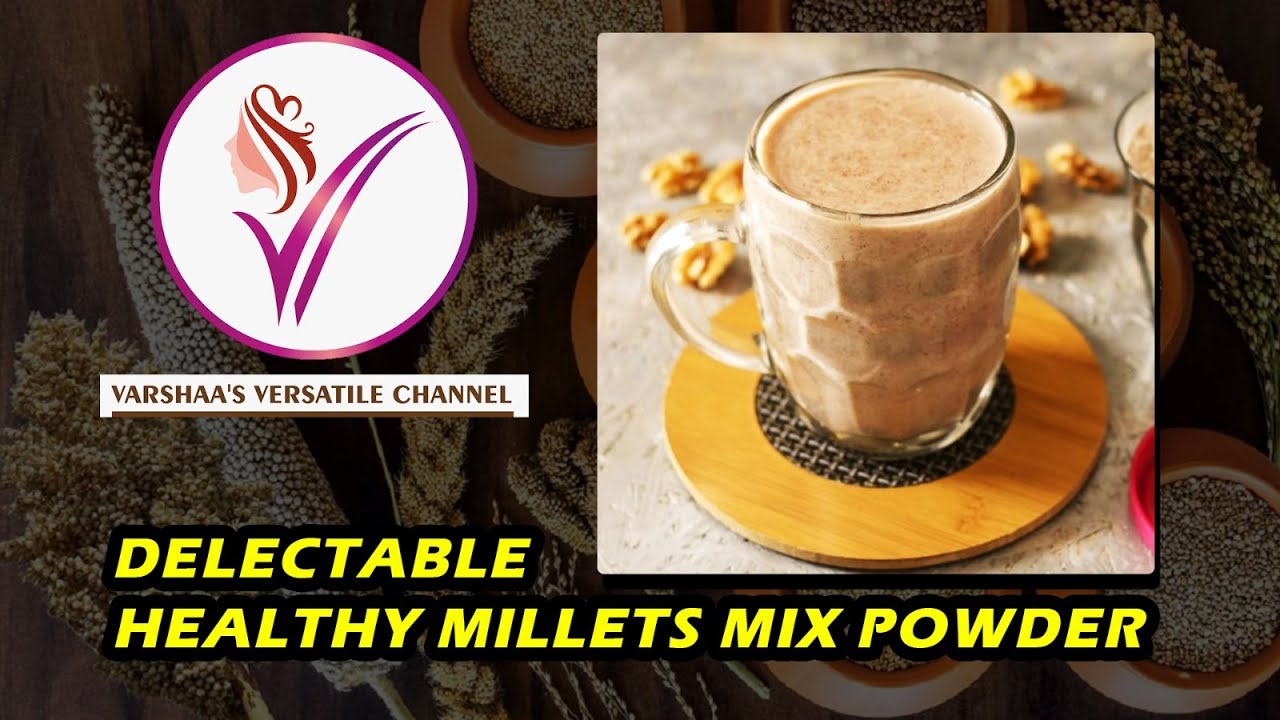Pomegranate is a type of tree and its fruit can be used for
different purposes, even medicinal. It originates from Iran. It is mostly grown
in Mediterranean countries, but also the U.S., Japan, China, Russia, India, and
Afghanistan. Pomegranate contains antioxidants and these chemicals help ward of
bad cells such as those that are cancerous and that can cause the progression
of arteriosclerosis (which is the hardening of the arteries). Pomegranate juice
is a popular form of this fruit. However, it is not known if this juice has
those same effects and eating the tiny seeds from the fruit.
Pomegranate juice has been used for thousands of years
dating back to 1500 BC when it was used to treat tapeworm and parasites.
Ancient mythology and writings by the Greek, Buddhist, Hebrew, Islamic, and Christians,
all mentioned this tree.
One of the most notable effects of this fruit is that it helps
fight anemia. Pomegranate helps supply iron to the blood. Here are 10 possible
uses for pomegranate which may or may not be scientifically proven but have
been claimed to be effective by users:
- Lowering high blood pressure (systolic blood
pressure). - Reducing the hardening of the arteries by
reducing the build up of fatty deposits. - Preventing diabetes by lowering blood sugar
levels. - Reducing muscle soreness post exercise.
- Removing dental plaque.
- Helping blood vessel function which helps those
with metabolic syndrome. - Alleviating the pains of rheumatoid arthritis.
- Help with making a sore throat feel better.
- Helping clear up vaginal infections in women.
- Slowing the progression of prostate cancer.
For such a tiny part of the fruit that takes work to pick
out and eat, it’s anti-inflammatory power, its make- up of vitamin C, its protective
nature towards the body, all make the effort to eat them seem worth it. That is
why most people prefer juice form. From possible prevention of dental disorders
to cancer prevention, this fruit is quite powerful. Many doctors suggest
pomegranate after surgeries or long-term illnesses to help with blood health. It
can be consumed by just eating the seeds, as a syrup, a paste, nectar, or as
concentrate. A word to the wise is that this fruit will stain your fingertips. As
with any fruit juice, it is important to keep an eye out for added sugars. This
sweet beverage should be as close to its natural state as possible. Your body
appreciates natural remedies to help cellular health perform at its best.
Pomegranates are a great option to boost your cellular and blood health. Taste preference
is always a consideration, but its worth trying as a natural approach versus
prescriptions that pile up and have side effects.
https://www.healthline.com/nutrition/12-proven-benefits-of-pomegranate
https://www.healthline.com/health/rheumatoid-arthritis/rheumatoid-arthritis-pomegranate
https://www.ncbi.nlm.nih.gov/pmc/articles/PMC4007340/



